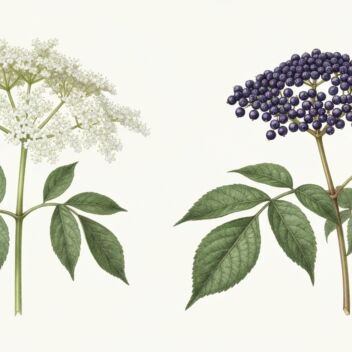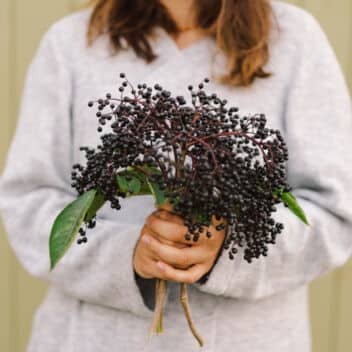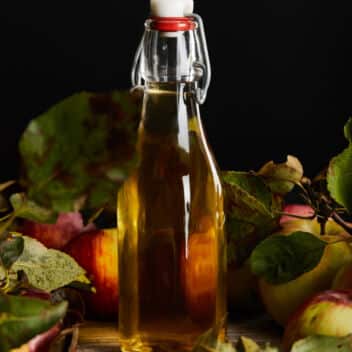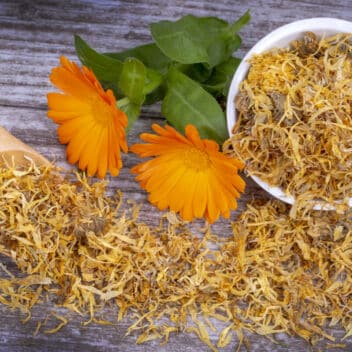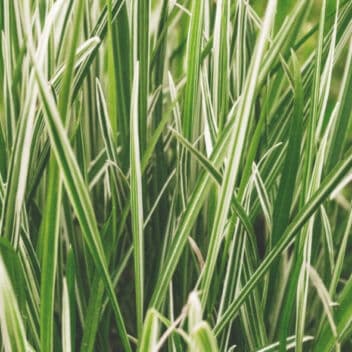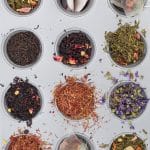
Herbs in Health and Medicine
Herbs in Health and Medicine
Herbs have played a significant role in health and medicine for thousands of years. From ancient civilizations to modern times, people have relied on the power of plants to treat a variety of health conditions. Today, as we seek more natural ways to improve our health, the use of herbs in medicine is experiencing a resurgence. This article explores the fascinating world of herbs in health and medicine, their benefits, and how they can be incorporated into everyday life.
Understanding Herbal Medicine
Herbal medicine, also known as botanical medicine, uses plants and plant extracts to support health and treat illnesses. Unlike pharmaceutical drugs that often contain single compounds, herbal remedies are made from whole plants or plant parts. This means they contain a complex mixture of natural compounds that work together to promote healing.
The History of Herbal Medicine
Herbal medicine dates back to ancient times. The Egyptians, Chinese, Greeks, and Native Americans all have rich traditions of using herbs for medicinal purposes. For example, the famous Greek physician Hippocrates, often referred to as the “Father of Medicine,” documented the use of plants in healing practices.
In more recent history, herbal medicine laid the foundation for modern pharmacology. Many of today’s drugs are derived from plants. For instance, aspirin was originally developed from the bark of the willow tree, which was used in traditional medicine to relieve pain and reduce fever.
How Herbal Medicine Works
Herbs can work in several ways to support health. They can provide essential nutrients, such as vitamins and minerals, that the body needs to function properly. They can also contain active compounds that have therapeutic effects, like antioxidants that protect the body from damage caused by free radicals.
Moreover, herbs can support the body’s own healing processes. For instance, they can stimulate the immune system, improve digestion, reduce inflammation, and enhance detoxification.
Health Benefits of Common Herbs
There are countless herbs used in health and medicine, each offering unique benefits. Here, we’ll explore some of the most popular herbs and their health benefits.
Turmeric
Turmeric is a bright yellow spice commonly used in Indian cuisine. It contains an active compound called curcumin, which has powerful anti-inflammatory and antioxidant properties. Studies have shown that turmeric may help reduce symptoms of arthritis, improve brain function, and lower the risk of heart disease.
Ginger
Ginger is another well-known herb with a range of health benefits. It’s often used to relieve nausea, including morning sickness during pregnancy. Ginger also has anti-inflammatory properties and may help reduce muscle pain and soreness.
Garlic
Garlic is not just a flavorful addition to food; it’s also a potent medicinal herb. It’s been used to boost the immune system, reduce blood pressure, and improve cholesterol levels. Garlic contains sulfur compounds that are believed to bring these health benefits.
Echinacea
Echinacea is a popular herb used to prevent and treat colds and other respiratory infections. It may help boost the immune system and reduce the duration and severity of symptoms.
Chamomile
Chamomile is a gentle herb often used to promote relaxation and sleep. It’s also used to soothe digestive issues and reduce inflammation. Drinking chamomile tea before bed is a common practice for those seeking better sleep.
Peppermint
Peppermint is known for its soothing effects on the digestive system. It can help relieve symptoms of irritable bowel syndrome (IBS) and reduce bloating and gas. Peppermint oil is often used in aromatherapy to relieve headaches and improve focus.
Incorporating Herbs into Your Daily Routine
Adding herbs to your daily routine can be simple and rewarding. Here are some ways to incorporate herbs into your lifestyle:
Cooking with Herbs
One of the easiest ways to enjoy the benefits of herbs is by using them in cooking. Fresh or dried herbs can enhance the flavor of your dishes while providing health benefits. Try adding basil to your pasta sauce, rosemary to roasted vegetables, or cilantro to your tacos.
Herbal Teas
Herbal teas are a popular way to consume herbs. They are easy to make and can be enjoyed hot or cold. Whether you’re sipping chamomile tea to relax or ginger tea to aid digestion, herbal teas offer a soothing way to experience the benefits of herbs.
Supplements
Herbal supplements are another option for those who want to experience the benefits of herbs. These are available in various forms, including capsules, tablets, and tinctures. It’s important to choose high-quality supplements and consult with a healthcare professional before starting any new supplement regimen.
Aromatherapy
Aromatherapy uses essential oils extracted from herbs to promote health and well-being. You can use a diffuser to fill a room with the scent of lavender to relax or eucalyptus to clear congestion. Essential oils can also be added to bathwater or used in massage.
Safety Considerations
While herbs can offer many health benefits, it’s important to use them safely. Some herbs can interact with medications or may not be suitable for certain individuals, such as pregnant women or people with specific health conditions. Always consult with a healthcare professional before starting any new herbal remedy, especially if you are taking medications or have underlying health issues.
Conclusion
Herbs have been used for centuries to promote health and treat illness. As interest in natural remedies grows, many people are turning to herbs as a way to support their well-being. Whether you’re cooking with herbs, sipping herbal teas, or using supplements, incorporating herbs into your daily routine can offer a range of health benefits. Remember to use herbs safely and consult with a healthcare professional to ensure they are right for you.
Incorporating the wisdom of herbal medicine into modern life can be a rewarding journey, offering a bridge between ancient traditions and contemporary health practices.



